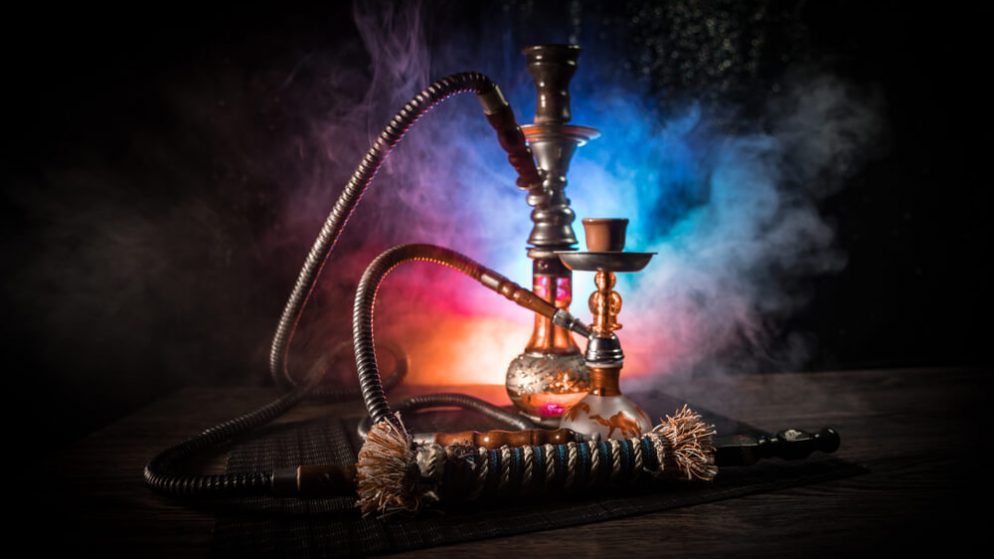



Get new exclusive access to healthcare business reports & breaking news




In various corners of the globe, the practice of hookah smoking transcends its mere physiological act and becomes deeply intertwined with intricate social and cultural contexts. This centuries-old tradition has found its place in diverse societies, shaping social gatherings, traditions and perceptions across different generations.
If you want to to buy water pipes you can check out Smokea.com, a reputable online platform offering a wide range of smoking accessories including modern alternatives, providing a safer and more innovative way to enjoy your smoking experience.
This article delves into the multifaceted tapestry of hookah smoking, examining its role in various parts of the world and its implications for societies and individuals.
The history of hookah smoking traces back to ancient India and Persia, where it was initially a practice of the elite before spreading to the Middle East and beyond.
The hookah, also known as shisha, narghile or waterpipe, consists of a water basin, a pipe and a bowl where flavored tobacco, known as “shisha” or “maassel,” is heated and smoked. It’s in these regions that hookah smoking found its cultural footing, morphing from a simple tobacco consumption method into a social ritual.
One of the most intriguing aspects of hookah smoking is its role as a social catalyst. Gathering around a hookah fosters feelings of intimacy and intimacy that transcend language and cultural barriers.
Whether in a bustling café in Istanbul or a tranquil garden in Cairo, hookah smoking has been an integral part of social interaction, providing a space for conversation, relaxation and connection. It’s not merely about inhaling flavored smoke; it’s about sharing stories, ideas and moments with friends and family.
Smoking a hookah is deeply ingrained in tradition in many cultures and is frequently connected to momentous occasions or celebrations. For example, in Arab cultures, the sharing of a hookah pipe signifies hospitality and goodwill.
In Iran, hookahs are often present in familial gatherings, reflecting the importance of unity and togetherness. These traditions speak to the cultural values of respect, community and the enjoyment of life’s simple pleasures.
As societies evolve and adapt to modern trends, the perception of hookah smoking has undergone shifts across different generations. While the practice has historical significance, younger generations might view it differently due to increased awareness of smoking-related health risks.
As medical research continues to shed light on the detrimental effects of tobacco consumption, younger individuals are more inclined to approach hookah smoking with caution. This generational divide has led to discussions about preserving cultural heritage while also safeguarding public health.
Beyond its geographical origins, hookah smoking has taken on a life of its own as it spreads across continents. The phenomenon of globalization has allowed this age-old practice to transcend borders and find resonance in diverse cultures. However, the globalization of hookah smoking has sparked discussions about cultural identity and authenticity.
As the practice becomes increasingly commercialized some argue that its genuine essence might be diluted or commodified for profit. This raises questions about how to maintain the cultural integrity of hookah smoking while also allowing it to adapt and evolve in new contexts.
In many cultures, hookahs are not just functional objects but also intricate works of art. The craftsmanship that goes into creating these ornate pieces adds another layer to the cultural significance of hookah smoking.
From the intricately designed glass bases to the beautifully carved stems, every element of a hookah reflects the artistic sensibilities of its origin. This attention to detail elevates the act of hookah smoking from a mere pastime to a multisensory experience that engages sight, touch and taste.
It is paramount to acknowledge the health implications associated with hookah smoking. Despite its exotic appeal and social allure, hookah smoking poses health risks similar to those of other tobacco products.
The World Health Organization (WHO) has highlighted that a typical one-hour hookah session can expose users to as much smoke as consuming 100 cigarettes. This stark reality underscores the need for awareness campaigns and regulatory measures to protect individuals from the dangers of tobacco use.
As societies become more health-conscious, the hookah industry has responded with innovations to address health concerns. Herbal and nicotine-free shisha blends have emerged as alternatives, appealing to those who wish to engage in the social aspects of hookah smoking without the inherent risks.
Furthermore, technological advancements have given rise to electronic hookah devices, which simulate the experience of smoking without burning tobacco. These innovations reflect a growing awareness of the need to adapt cultural practices in the face of changing health landscapes.